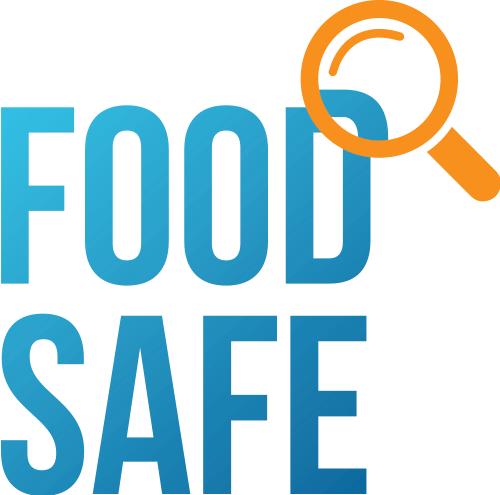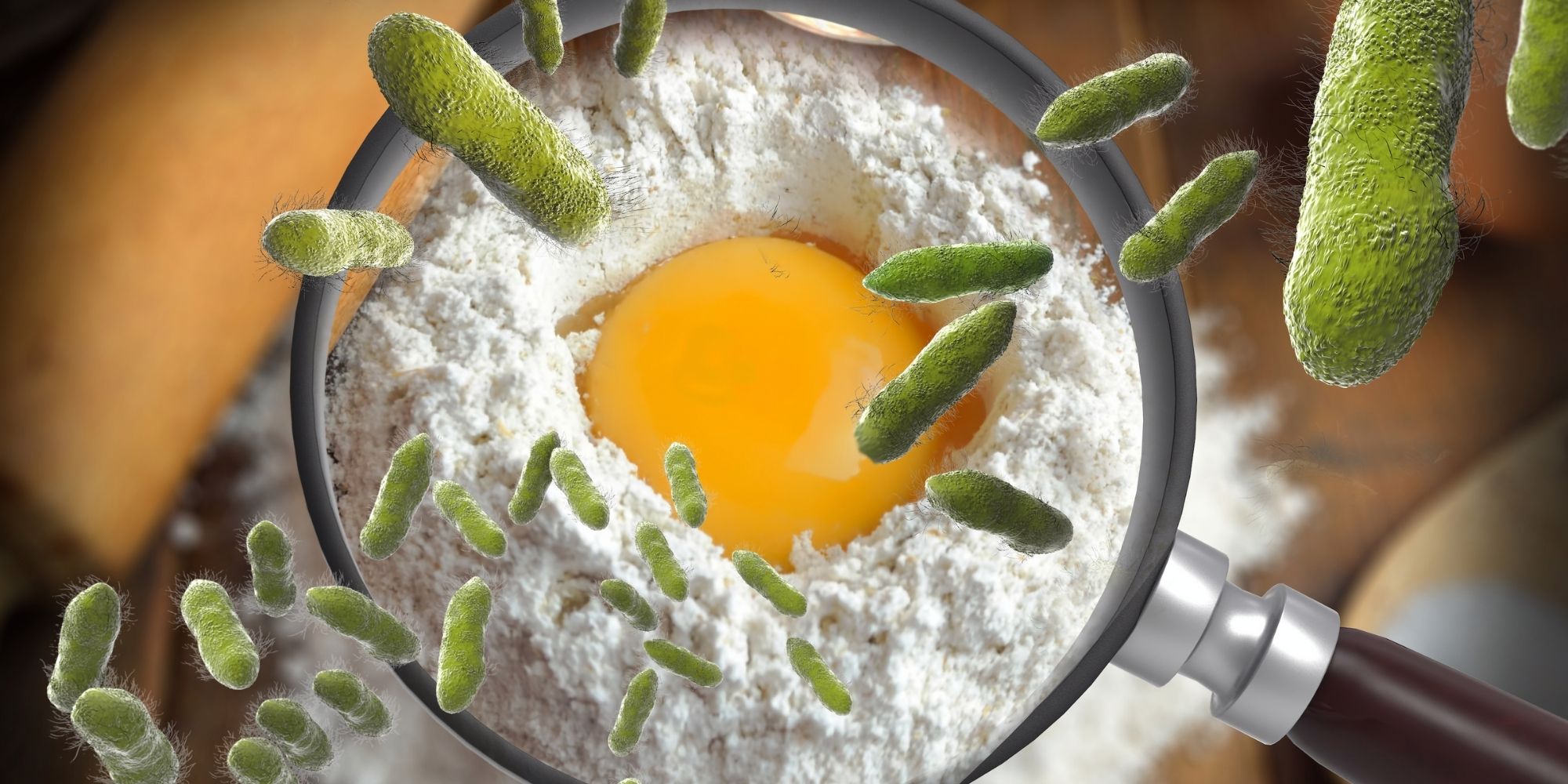Cross-contamination prevention for commercial kitchens
Food safety laws require all food businesses to follow proper hygiene practices. Following Hazard Analysis and Critical Control Point (HACCP) guidelines help to prevent cross-contamination and the spread of disease in a commercial environment.
What is cross-contamination?
Cross-contamination is the leading cause of foodborne illness. Outbreaks occur when harmful bacteria are transferred from one food source to another.
Cross-contamination can occur in three main ways:
- From food to food – Raw meat coming into contact with cooked meat.
- From people to food – People handling raw meat who don’t wash their hands before handling cooked meat.
- From equipment to food – Staff do not use separate knives and/or a cutting board for raw meat, then use the same knife and/or cutting board for vegetables.
What types of food are most at risk?
Avoid cross-contamination from high-risk foods. Before your staff begin the cooking process, ensure they keep the following raw foods separate:
- Eggs
- Meat
- Poultry
- Seafood
Why is cross-contamination dangerous?
Cross-contamination causes food poisoning. Some microorganisms such as E. coli and Salmonella can thrive for up to 24 hours or longer. Food safety practices are vital when handling food in any type of food business, including home-based businesses, commercial kitchens, hospitals, and more.
Protecting customers who have allergies
Staff must take the time to handle allergen-free meal requests properly. If they don’t, it can lead to customers suffering from severe allergic reactions. Anaphylaxis, for example, can occur within seconds and, if not treated immediately, can be fatal. Protect the health of your customers and your business by putting basic systems in place.
Guarding against food-related illnesses
Train food handlers to process food in a proper and safe manner to prevent cross-contamination and the spread of disease. For example:
Bacteria
When disease-causing microorganisms spread to food and are consumed, food poisoning occurs. High-risk foods left in temperatures between 5°C and 60°C for too long allows bacteria to thrive.
Norovirus
Norovirus is a leading cause of foodborne illness. It is highly contagious and can spread when a person comes into contact with particles of an infected person’s vomit or faeces.
Personal hygiene program for employees
A sick food handler can quickly spread disease if they don’t employ proper hygiene practices. To mitigate the danger of contaminated food:
- Wash your hands
- Wear gloves
- Do not work if feeling unwell
Cleaning work surfaces and equipment
Promote food safety in your restaurant or commercial kitchen to avoid cross-contamination. Handlers preparing food need to be mindful of how they operate. Staff should sanitise all utensils, cutting boards, dishes, equipment, and surfaces after each use. Ensure your employees prep raw food items one at a time and keep them separate.
Food preparation and storage
Storing food plays a significant role in food safety. Follow the below tips to practise safe food handling.
Temperatures, storage, and freezing
Keep raw meats on the bottom shelf and store them in covered containers or sealed plastic bags to avoid any juices dripping onto other foods. If you use reusable bags, keep one for raw meats only. Place meats and ready-to-eat foods on separate shelves.
Raw poultry and meat
Do not allow your handlers to wash raw meats – particularly poultry. The splashing water spreads bacteria, increasing the risk of food poisoning.
Washing fresh produce
Rinse produce in a clean sink under running water but do not use detergents, soap, bleach, or commercial washes. Scrub any firm fruits and vegetables with a clean produce brush and dry with a paper towel or clean cloth.
Chopping boards
Implement these chopping board safety tips in your restaurant kitchen:
- Use plastic or glass surfaces for cutting raw meats.
- Use a separate board for produce, raw meat, poultry, and seafood.
- Use hot, soapy water to thoroughly clean cutting boards that have come into contact with raw meats, poultry, seafood, or eggs.
- Replace chopping boards regularly – and immediately replace any that become excessively scratched or damaged.
How we can help you
Bring your employees up-to-date with the necessary skills for preparing food safely with our food safety courses. Our expert-led courses are council-approved and suitable for all New Zealand food businesses.





